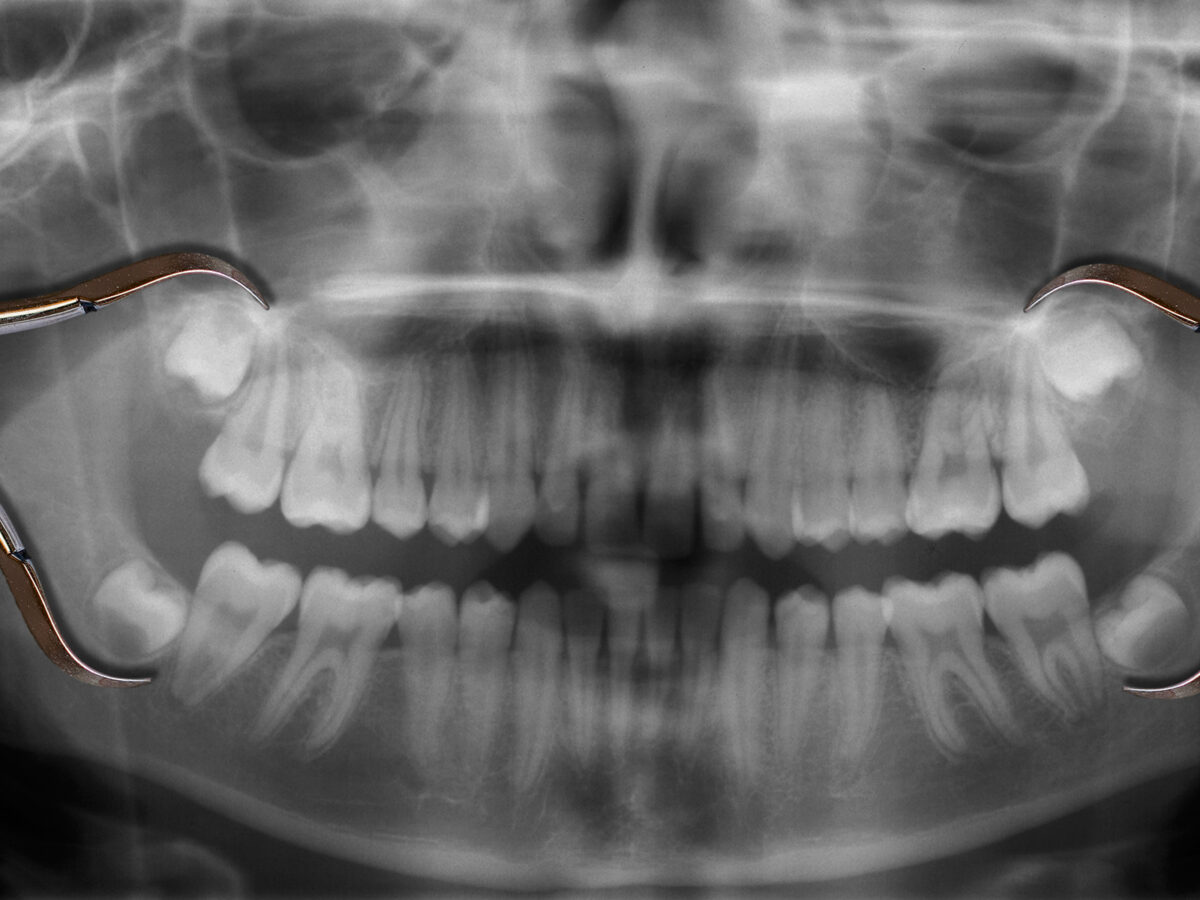Blog
Dental hygiene tips for healthy teeth & gums

Why Get Your Wisdom Teeth Out?
We can define wisdom teeth as the third and last set of molars that usually erupt during our late adolescent, teenage, or early twenties. In contrast to their inflated name, wisdom teeth do not relate to anything wise. They are useless appendages emerging from the gums, most of the time. In some exceptional cases, when wisdom teeth are immaculately aligned, they can foster a healthy and brighter smile, facilitate a good, and enhance the overall oral health of a person. But, unsurprisingly, we can see that a wisdom tooth acts as a hindrance due to its awkward position in the mouth. More often than not, wisdom teeth grow horizontally, have harsh angles, and potentially harm the surrounding premolars and molars. It is in such haphazard contexts that extracting the wisdom teeth becomes viable. If you are interested in grasping more about wisdom teeth and why to remove them, read ahead.
Should I keep my wisdom teeth?
Experts suggest that wisdom teeth are not evil on their own. They can peacefully reside inside our mouth and cater to several crucial functions, as well. The biggest problem associated with wisdom teeth is the buildup of bacteria and plaque around them, which leads to gum and bone diseases, tooth decay and increases a person’s susceptibility to heart problems. So, the most crucial aspect is to keep the wisdom teeth clean and free of bacteria accumulation. Such cleanliness is only possible if the position of the teeth is optimal. A wisdom tooth does not require removal if its status is appropriate and proper cleaning is possible.
Why is it essential to extract wisdom teeth?
In certain situations, it becomes mandatory to extract our wisdom teeth, and some of them are:
- When the wisdom teeth are entirely hidden inside the gums, they cannot erupt normally and are trapped inside our jaw. Such a fraught position can lead to cysts and damage the surrounding teeth and bone structure.
- At times, we can observe that a wisdom tooth erupts partially through the gums and sits in a very unhandy position in the mouth. Such inconvenient locations can make it hard for the person to clean the lead, resulting in bacteria accumulation. Moreover, if wisdom teeth do not have enough space for emerging out properly, they may crowd or damage the nearby teeth.
- Wisdom teeth are also removed when a person experiences chronic toothache, reiterating infections in the soft tissue behind the lower last tooth, the occurrence of cysts, and so on.
- Suppose a person suffers from gum disease, inflammation, bad breath, or extensive tooth decay and has a misaligned and crooked wisdom tooth. In that case, there is a solemn chance that the wisdom tooth is responsible for such dental problems.
Dentists suggest that the best time to remove a wisdom tooth is adolescent or early teenage years before it has fully emerged. In case you are perplexed about whether to keep or extract the wisdom teeth, seek professional advice. A dentist is the only person who can prescribe the viability of keeping or removing wisdom teeth.
Book Appointment to find out which treatment might be best for you.
